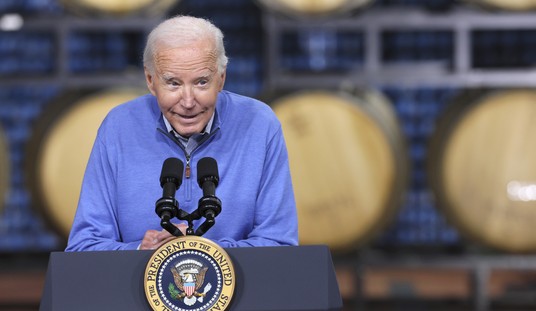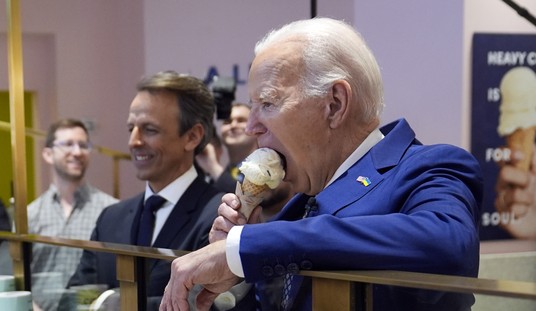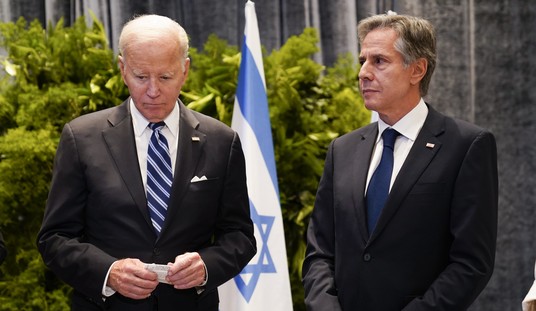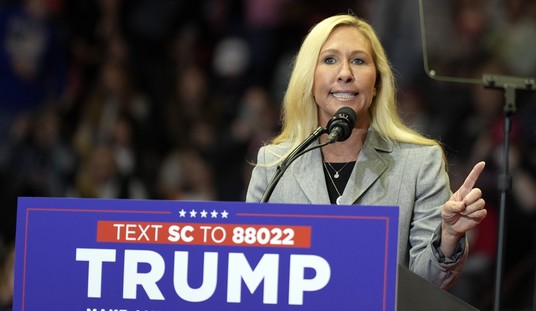The World Health Organization (WHO), a United Nations subsidiary, appears to be gearing up for a fresh effort to undermine countries’ sovereignty in setting regulations, this time by pushing for a global, comprehensive ban on all tobacco product promotion.
WHO Regional Director for the Western Pacific Dr. Shin Young-soo is citing the WHO Framework Convention on Tobacco Control as requiring sovereign nations to “comprehensively ban tobacco advertising, promotion and sponsorship.”
Such a ban could potentially prevent product placement of cigarettes in movies and TV shows – arrangements by which a contract is cut for a film to feature a particular brand of cigarettes where a character who smokes is shown smoking, for example. (Side note: One wonders if this might have any effect on, say, Mad Men?)
While there’s widespread agreement in the US that tobacco companies shouldn’t market to children, for example, and their advertising is already quite restricted, it’s worth pointing out that there are more than a few reasons that conservatives should be concerned about what the WHO is doing.
First of all, this is another example of an international organization attempting to dictate policy to sovereign nation-states, which is generally a bad idea and moves us closer towards a global government in which policy is set further away from home and increasingly by bureaucrats in Switzerland. Let me repeat: If moves like this gain traction, it will no longer be us, via our elected representatives, setting policy, but instead, it will be the WHO, which also wants to limit how much fat, salt, etc., you eat.
Second of all, truly comprehensive bans of this sort could easily fall afoul of free speech rights, such as those protected by our First Amendment, and infringe on intellectual property rights, too. Australia’s plain packaging law instituted last year – something associated with this type of ban – is currently the subject of a challenge with the World Trade Organization. Ukraine, Honduras, the Dominican Republic and even Cuba – yes, even the Commies – claim that the law (which, by the way, Ireland is considering replicating) breaches free trade rules relating to intellectual property rights. Intellectual property rights, like physical property rights, are generally things conservatives think are worth protecting, even if there’s some dispute about the most appropriate way to do this in the modern media environment.
Ultimately, a reasonable debate can be had about whether bans like that sought by the WHO are a good idea. Legally, in the US, this kind of ban seems likely to prove problematic. But if Americans want to limit free speech where we think the speech in question is bad, we can do that as long as the proper process is followed. The same thing is true for people in other countries.
But that should be a decision for individual countries and their voters, and not a policy decision imposed on Americans or anyone else for that matter by WHO or UN bureaucrats.















Join the conversation as a VIP Member